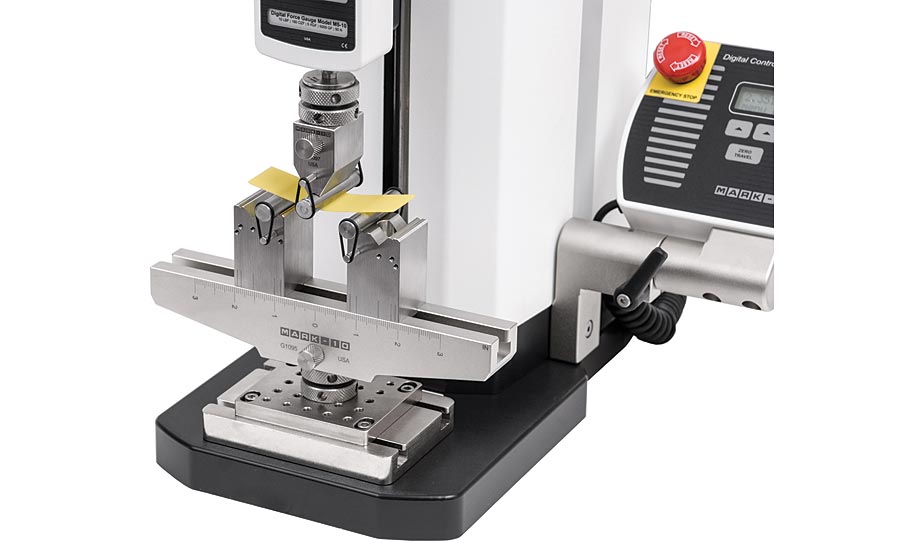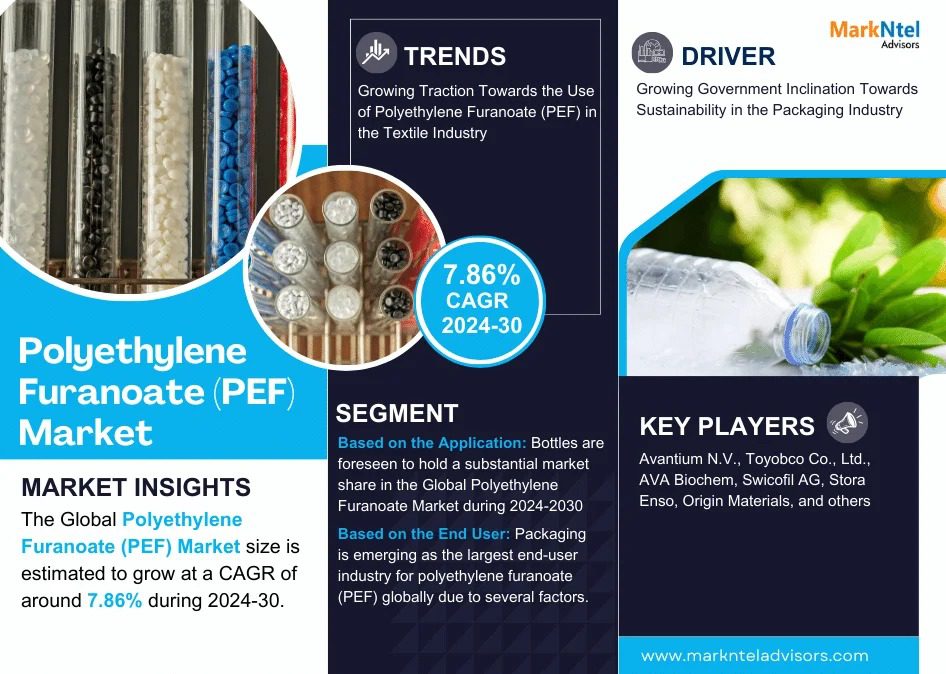
When it comes to materials testing, the Universal Testing Machine (UTM) is the gold standard. It’s one of those indispensable tools that engineers, researchers, and quality control professionals simply can’t do without. But what exactly makes a UTM so “universal”? The name says it all: versatility. Whether you’re testing metals, plastics, rubbers, or composites, the UTM can handle it all.
Let’s take a closer look at the top five things you can test with a Universal Testing Machine, and why investing in a high-quality UTM—especially in a high-performance hub like Toronto, ON—can transform your testing operations.
1. Tensile Strength of Materials
One of the most common tests you’ll run on a Universal Testing Machine (UTM) in Toronto, ON is a tensile test. This measures how much pulling force (or tension) a material can handle before it stretches and eventually breaks. The machine slowly pulls the material apart while recording the stress and strain applied. This data is crucial when you’re working with structural components that need to withstand mechanical loads.
Think about bridges, buildings, car parts, or even surgical tools. Every one of these products has to meet certain tensile strength criteria to ensure safety and reliability. The UTM helps manufacturers and engineers confirm those specs.
Pro tip: If you’re in Toronto and dealing with harsh weather conditions, ensuring your materials have proper tensile strength is even more important. Materials here have to perform in everything from icy winters to humid summers.
2. Compression Testing of Rigid or Flexible Materials
Not every material needs to resist pulling forces. Some need to withstand compression. This test is exactly what it sounds like—the UTM applies pressure to the material to see how much it can be compressed before it deforms or fails.
This is especially useful for materials like concrete, foam, packaging, and certain metals. You can measure the compressive strength of a brick or how much cushioning your new packaging foam offers. In industries like construction, automotive, and packaging, compression testing is a must.
In Toronto’s booming real estate and infrastructure scene, compression testing ensures buildings are being made with the most reliable materials. Local labs and quality control facilities rely on top-tier UTMs to meet regional construction standards.
3. Flexural (Bend) Testing
Flexural testing, or three-point bend testing, tells you how a material behaves when it’s bent. Unlike tensile or compression testing, this method provides insight into a material’s ability to resist deformation under load—especially useful for plastics, woods, and composite materials.
For example, you might want to know how a plastic shelf will behave under the weight of books or how a carbon fiber component performs when flexed. UTMs equipped with flexural testing fixtures give you a reliable read on modulus of elasticity, yield point, and breaking point.
With Toronto’s growing interest in advanced materials and green building technologies, flexural testing helps ensure that newer, eco-friendly materials meet performance expectations.
4. Shear Testing
Shear tests are designed to measure a material’s ability to resist forces that try to cause the internal structure to slide against itself. This is especially critical in fasteners like bolts, rivets, and adhesives where failure from shear stress can lead to serious safety issues.
A UTM can be fitted with shear testing fixtures to simulate real-world stress conditions. This test is often used in aerospace, automotive, and manufacturing applications.
In cities like Toronto, where aerospace and transportation manufacturing play a significant role, shear testing provides confidence in every nut, bolt, and welded joint—especially when lives might depend on it.
5. Peel, Tear, and Adhesion Testing
These types of tests are vital when working with flexible materials like tapes, films, fabrics, and adhesives. Peel testing evaluates the strength of bonds between two materials—think of a label sticking to a bottle. Tear testing checks how easily a material rips once a tear is initiated. Adhesion testing confirms how well coatings or glued surfaces stay attached.
UTMs with the right fixtures can run all of these tests. For industries such as packaging, textile manufacturing, and electronics, this is critical data. A faulty adhesive could result in product recalls, lost sales, or even harm to users.
With Toronto’s growing clean tech and smart packaging sectors, precise adhesion and peel testing with a reliable UTM can mean the difference between innovation and frustration.
Bonus: Why a UTM Is the Best Investment for Your Lab in Toronto, ON
Now that you know what you can do with a Universal Testing Machine, let’s talk about why it’s a smart move to have one—especially if you’re operating in or around Toronto.
- Diverse Industry Needs: Toronto is home to a wide range of industries—construction, automotive, aerospace, biomedical, and consumer goods. A UTM allows labs to cater to multiple clients and applications with just one machine.
- Compliance and Quality Assurance: Canadian standards (like CSA, ASTM, ISO) are rigorous. A UTM helps you meet and exceed those benchmarks, keeping your products competitive in the North American and global markets.
- Cost-Efficient Testing: One machine does it all. Instead of buying separate devices for tensile, compression, and peel testing, a UTM consolidates those functions—saving money and space.
- Local Support and Service: If you’re looking for a Universal Testing Machine in Toronto, go with a trusted local supplier. Not only will you benefit from faster support and training, but you’ll also enjoy peace of mind knowing spare parts and upgrades are easily accessible.
Final Thoughts
Whether you’re testing metals for skyscrapers, foam for packaging, or composites for automotive panels, the Universal Testing Machine is your go-to tool. Its flexibility, reliability, and accuracy make it an essential part of any lab or manufacturing setup.
If you’re located in Toronto, ON, Canada, and need a dependable solution for material testing, consider investing in a top-quality Universal Testing Machine. With growing demand for high-performance materials and increasing quality standards, having the right equipment on hand isn’t just helpful—it’s essential.
Looking for the best UTM supplier in Toronto? Choose a provider that offers advanced testing features, excellent customer support, and industry-compliant systems. With the right partner, your lab will be equipped to meet today’s challenges and tomorrow’s innovations with confidence.






